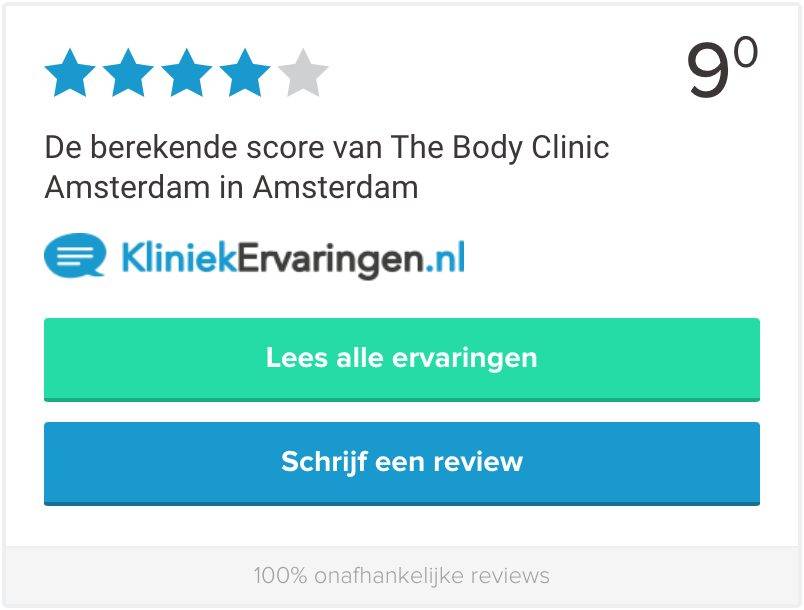Since 2013, the number of cosmetic clinics has increased fivefold. In this extremely growing market, it appears that consumers are not clear which doctor is qualified for which treatment. However, the Quality Framework of Cosmetic Care has clearly defined which procedure may be performed by a cosmetic doctor and which by a plastic surgeon. In practice, these agreements are not always followed, with extreme complications as a result. With the rapid growth of the cosmetic industry, it is important that you remain attentive and critical. In fact, there is little oversight from within the industry itself.
A completed degree in medicine does not make you competent!
After completing six years of medical school, you will be a basic doctor, but this does not mean you will have experience in cosmetic treatments and procedures. According to the BIG (Individual Healthcare Professions Act), physicians have independent authority. There are two key elements importance; competent and competent. You are qualified after completing medical school. Competent is about the healthcare professional as an individual. Am I skilled and do I know enough? Can I do this? Proficient consists of a knowledge component and a skill component. Competence can be checked, but the monitoring of competence is of concern.
Difference cosmetic doctor and plastic surgeon
Both completed the study of medicine. You become a cosmetic doctor by completing a two-year course in cosmetic medicine KNMG after this study. As a cosmetic doctor, you are then qualified to perform injectables such as Botox and fillers as well as minor cosmetic procedures such as upper eyelid corrections, superficial skin corrections and scar corrections. The competence of this type of cosmetic surgery lies with the doctor himself, which makes supervision difficult. After studying medicine, a plastic surgeon undergoes a six-year training as a medical specialist in improving the form and function of the human body through cutting. Despite being fairly clear about who is allowed to do what, plastic surgeons still see serious complications from treatments that cosmetic physicians are not qualified and competent to do. The growth of complications is exponential and of great concern. Think failed lower-eyelid tuck of puffiness or a tummy tuck of the abdomen performed by a cosmetic doctor in nota bene treatment room instead of a sterile operating room. As a doctor, you may think you are competent, but in practice it turns out that this is often not the case after all. In addition, hairdressers and beauticians also seem to continue to offer injectables treatments when this is strictly forbidden.
Forewarned is forearmed
In short, if you are interested in cosmetic treatment, be discerning in your search for the right doctor. Do not be guided by just the word “doctor,” as this does not mean that this person is suitable for treatment. Moreover, the number of clinics is growing tremendously fast, making it more difficult for consumers to make the right choice every day. Supervision of a physician’s competence proves difficult in practice. Therefore, our advice is to be extremely careful and picky yourself. Search the BIG registry for what someone is trained for and read reviews at www.kliniekervaringen.nl. If it doesn’t feel right, don’t do it!










